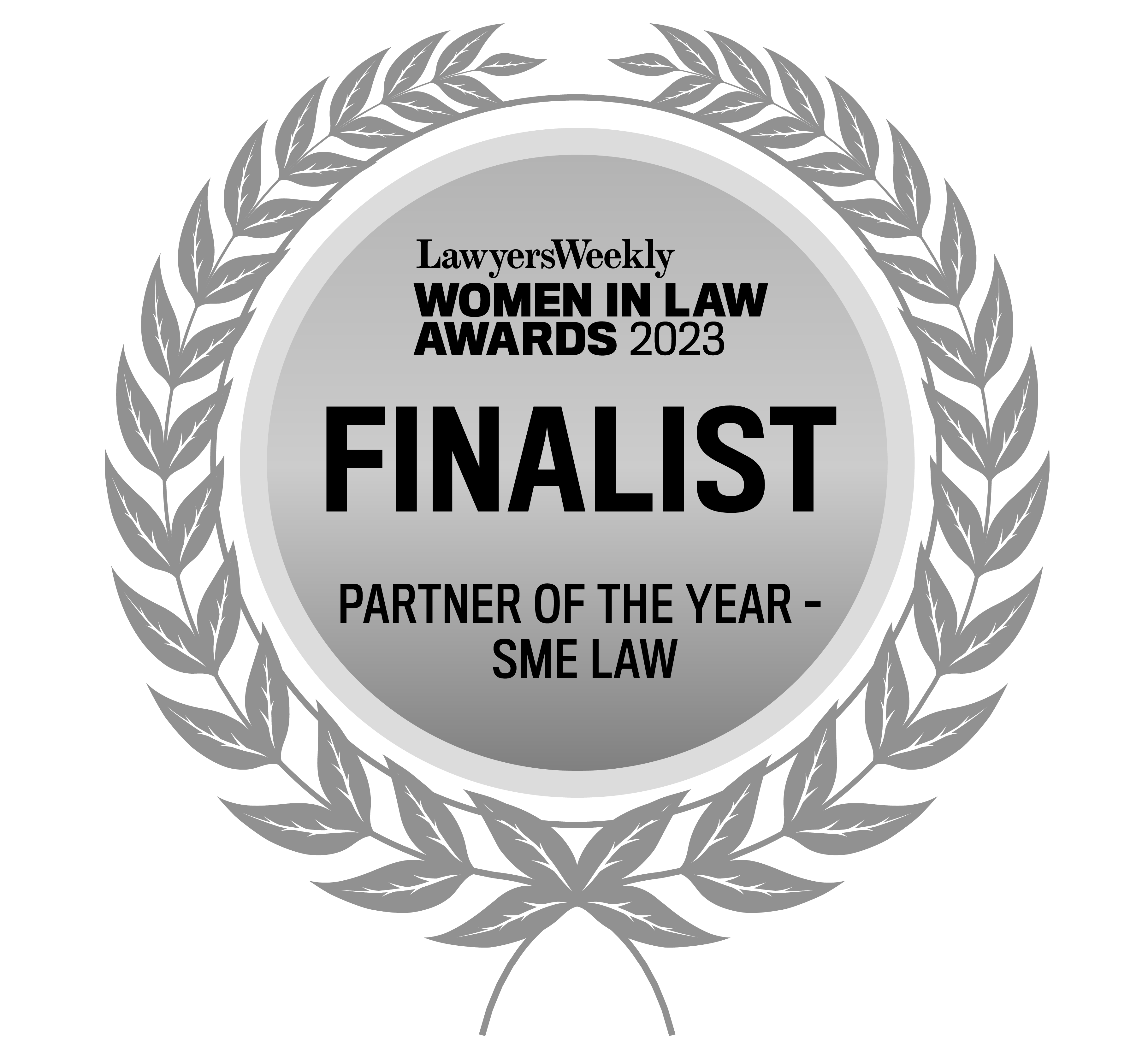
Hardship Applications Under the Criminal Assets Confiscation Act 2005 (SA)
The Criminal Assets Confiscation Act 2005 (SA) allows individuals affected by forfeiture orders to apply for relief from hardship. These provisions aim to protect innocent dependants and co-owners who may suffer disproportionate hardship due to asset confiscation.
Why you Need Legal Advice
If your property is at risk of forfeiture under the Criminal Assets Confiscation Act 2005 (SA), you may have legal options to seek relief. Hardship applications, exclusion orders, and compensation claims can protect dependants and innocent parties.
For expert legal advice on challenging forfeiture, contact Stanley & Co Lawyers at 08 7001 6135. We offer a complimentary 30-minute consultation to discuss your case.
Helpful Questions & Answers
Heading 1
Heading 2
Heading 3
Heading 4
Heading 5
Heading 6
Lorem ipsum dolor sit amet, consectetur adipiscing elit, sed do eiusmod tempor incididunt ut labore et dolore magna aliqua. Ut enim ad minim veniam, quis nostrud exercitation ullamco laboris nisi ut aliquip ex ea commodo consequat. Duis aute irure dolor in reprehenderit in voluptate velit esse cillum dolore eu fugiat nulla pariatur.
Block quote
Ordered list
- Item 1
- Item 2
- Item 3
Unordered list
- Item A
- Item B
- Item C
Bold text
Emphasis
Superscript
Subscript
Relief from Hardship (Section 57)
If a forfeiture order is made, the court must consider whether the order would cause undue hardship to dependants of the person whose property is being forfeited.
The court may exclude certain property from the forfeiture order if:
- A dependant would experience unreasonable financial hardship, and
- The exclusion of property is justified in the circumstances.
Dependants may include spouses, children, or otherfinancially reliant individuals.
Exclusion Orders (Sections 58 & 59)
A person with an interest in restrained or forfeited property may apply for an exclusion order, allowing them to reclaim their share.
- Before a forfeiture order is made (Section 58) – A person can apply to exclude their property from the process.
- After a forfeiture order is made (Section 59) – A person can apply to recover forfeited property under special circumstances.
The court may grant an exclusion order if:
- The applicant proves they legitimately acquired the property without criminal involvement.
- The applicant's interest in the property is separate from the person convicted of a crime.
Exclusion for Cooperation with Law Enforcement (Sections 59A & 76AA)
A person may have their property excluded from forfeiture if they cooperate with law enforcement in a way that significantly assists in the administration of justice.
Additionally, property may be excluded if its forfeiture would be contrary to the financial interests of the Crown.
Compensation Orders (Sections 61 & 62)
If property has been wrongfully forfeited, an applicant may seek compensation from the Crown. The court must consider:
- Whether the property was genuinely acquired with legitimate funds.
- The proportion of the property's value not linked to criminal activity.
Applicants must notify the Director of Public Prosecutions (DPP) and may require legal representation to challenge forfeiture decisions.
Buying Back Interests in Forfeited Property (Section 72)
If a person's interest in forfeited property is recognised, they may buy back their share by paying its declared value to the Crown.
This allows innocent co-owners (such as business partners or family members) to reclaim property without being penalised for another person's offences.
27
Combined Years Of Experience
Awards & Affiliations







.png)




.png)


.png)


.png)




